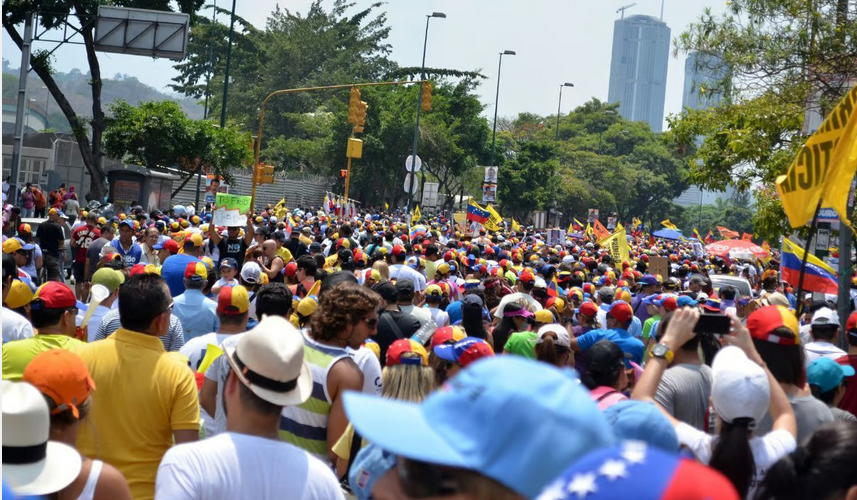
HAVANA TIMES – On July 28, 2024, something will change in Venezuela; it is defined and practically nothing can prevent it.
Detailing what will change is impossible at this time. However, ten months ago the situation was one of apparent greater certainty. The idea was that the dictator Nicolás Maduro would easily perpetuate himself in an election not recognized by anyone, but that no one would have the firepower to counteract. He would achieve an overwhelming percentage of votes (but with very low participation) against a handful of unknown and dull testimonial candidates tasked with submissively picking up the crumbs left behind.
If someone at that moment had said that today, less than a week before voting day, it is not known who will be the president of Venezuela, they would have been taken either as a veiled supporter of Maduro or as a fool.
Venezuela is preparing for an election that, with the political force built by Maria Corina Machado and the presence of a legalized candidacy before the electoral authority (such as that of Edmundo Gonzalez Urrutia) has completely turned the Venezuelan political board upside down.
Maduro went from being almost unbeatable to any remotely reliable opinion poll predicting his removal from power by a landslide. Today no one in Venezuela doubts that the only uncertainty weighing on the election is the authoritarian nature of the regime. If the election was held with guaranteed transparency, the victory of Edmundo Gonzalez would be taken for granted.
Ultimately, what is about to happen in Venezuela is, by all accounts, is a demonstration that it is possible to oust an authoritarian government through the vote. Today, the only way Maduro can save himself would be if many Venezuelans —moved by the discouraging propaganda both of his Socialist Party’s campaign that seeks to show itself as omnipotent and of marginal sectors of the extremist opposition who (comfortable from exile) tweet that “in a dictatorship you do not vote”— decide that the best way to topple the regime is to sit in their armchairs with their arms crossed and maybe tweet until the voting hour passes, waiting for a US armed intervention that will never come, no matter who occupies the White House.
How is it possible that under a regime that has hundreds of political prisoners, eight million exiles, the state media at its full disposal, and the few private ones in complete silence, and that is known for having tortured people and shot at peaceful protesters, that such an event is being celebrated if historically we have been taught that in a dictatorship you do not vote or you vote, but you do not choose?
In principle, Venezuela is voting, but not choosing. Not because it is guaranteed that the Maduro regime will control the process, but because Venezuelans will have to choose between a candidate who commits to respecting their minimum civic guarantees and another who (in power) does not. There will be no genuine democracy in Venezuela until Venezuelans can vote for what they want (and even be staunch opponents of an eventual Gonzalez or María Corina Machado government) without it representing


